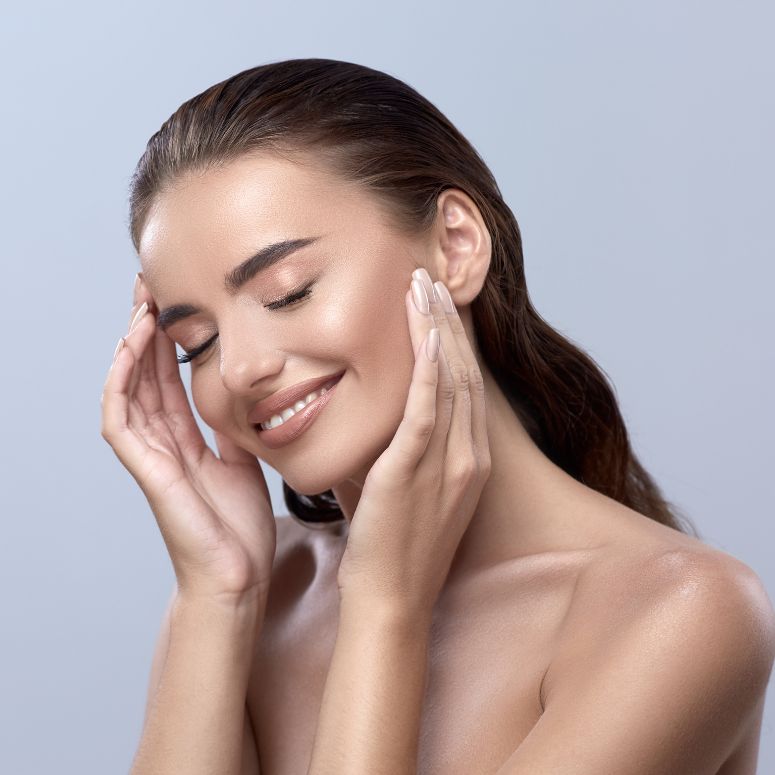Skin Health

Long-term daily application of retinoids to the skin has been scientifically proven to reverse the signs of aging and effectively rejuvenate the skin. Retinoids are forms of vitamin A derivatives. Fine skin wrinkles, pigmented age spots, and redness of sun-damaged skin are all improved with daily application of retinoids. They are the main active components of all daily skincare programs approved by Dr. Chen Lee. Furthermore, using retinoids on the skin for 4 weeks is a prerequisite for any skin resurfacing procedure (chemical peels, laser resurfacing, dermabrasion). The use of retinoids thins the skin, preparing it for better absorption of the chemicals in the peel. It also reduces the likelihood of pigmentation complications following skin resurfacing procedures.
When it comes to plastic surgery, many patients turn to a chemical peel to return to a more youthful skin texture. Chemical peels include noninvasive facial plastic surgeries. As with all cosmetic procedures, chemical peels involve a level of risk. The benefit and risk is correlated with the depth of the skin. In general, skin depth can be light, medium or deep. All chemical peels work to exfoliate the damaged outer layers of the skin. Chemical peels also reduce acne scars and acne, eliminate sun damage, and produce an even skin tone.
Chemical skin peels have been used for many years to treat a variety of skin disorders. There are many types of chemical peels (for example, phenol, trichloroacetic acid—TCA, glycolic acid). Conditions such as sun damage, wrinkles, and hyperpigmentation can be treated with these noninvasive techniques. In some situations, chemical peels may be performed simultaneously with other surgical procedures.
Chemical skin peeling is not an alternative for those who need a skin lift or resurfacing.

